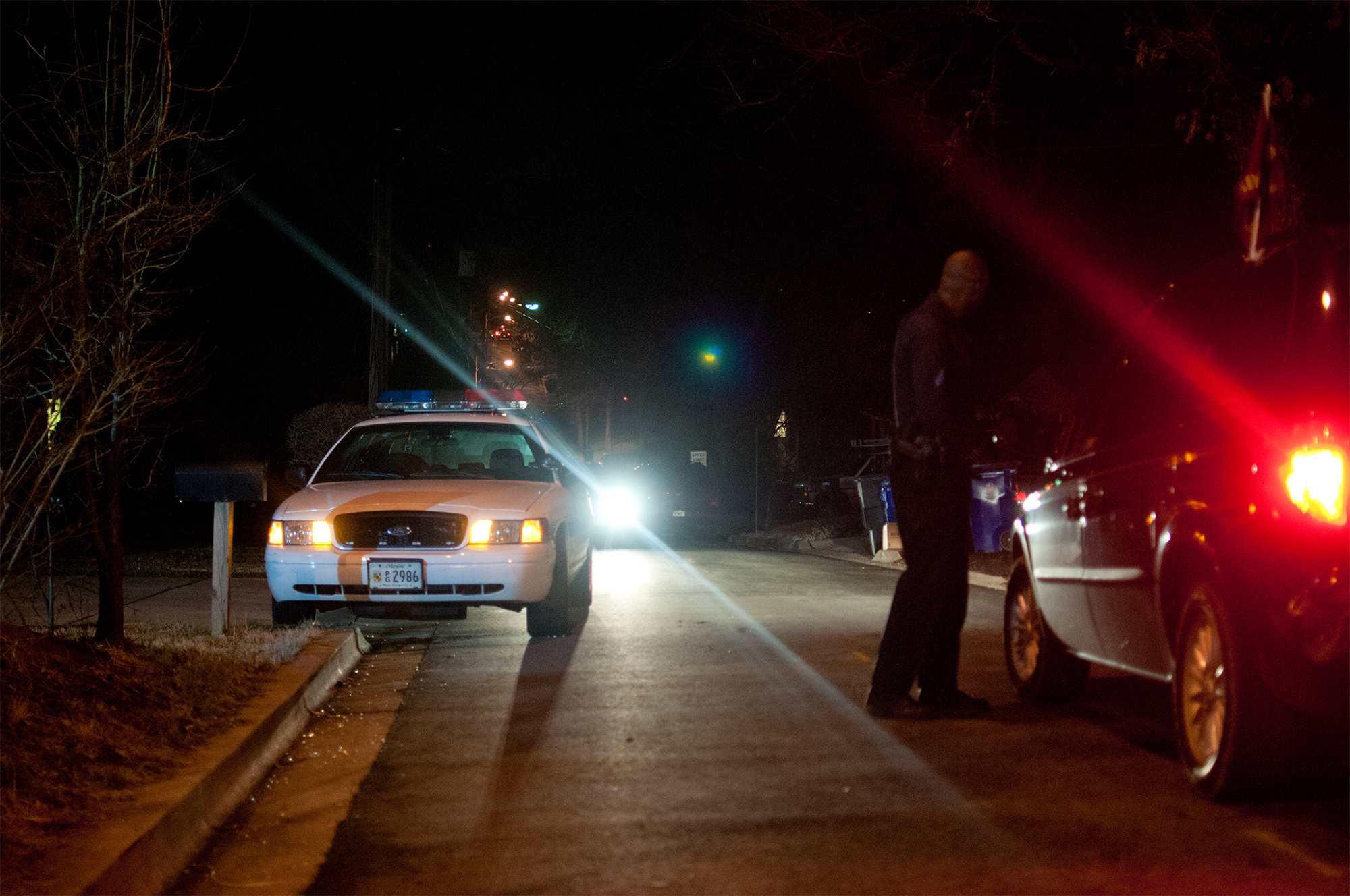By Carly Kempler and Hannah Lang
More than three years after a murder-suicide in College Park, the community grieves another loss after University of Maryland junior Farhad Siddique was allegedly shot and killed by his father, Nasir Siddique, who then turned the gun on himself on Sept. 28 at the Parkside apartments, according to police.
In a similar case on Feb. 11, 2013, a murder-suicide left two university students dead. Dayvon Maurice Green, a graduate student, shot two of his roommates, killing Stephen Alex Rane, 22, and injuring Neal Oa, who was also 22 years old at the time.
In response to the 2013 incident, University of Maryland Police increased patrols around footpaths along the edge of campus, and there was an increase in police presence in College Park, according to a Diamondback article. Further investigation into the shooting also revealed Green was diagnosed with schizophrenia, a mental illness that may interfere with a person’s ability to manage emotions, make decisions and think clearly, according to the National Alliance on Mental Illness website.
This university’s Help Center, an anonymous student-run phone counseling hotline, also expanded its hours for the week following the 2013 incident, opening at 9 a.m. rather than 2 p.m., according to a Diamondback article. In addition, there was an increase in the number of psychologists on the campus, and the University Health Center proposed additional funding to hire another psychiatric nurse practitioner, as well as looked to improve outreach services for suicide prevention, according to a Diamondback article.
After the murder-suicide last week, the Help Center maintained its normal, scheduled hours. Counseling and other crisis support services were also available after the incident, said Dr. David Petersen, a staff member of this university’s Counseling Center.
The Help Center chose not to comment on this comparison.
“Students in distress can request an appointment [with the counseling center] without scheduling in advance,” Petersen said. “Groups or classes or faculty can request outreach on dealing with traumatic loss … and understanding the symptoms of grief.”
The day after the 2013 murder-suicide occurred, university President Wallace Loh sent an email to the campus community offering campus resources, details on the incident and emphasis that the university was “doing everything possible to provide assistance for students, faculty and staff during this difficult time.”
“I ask that the entire University family come together to deal with this great loss,” Loh wrote. “Together, we will emerge from our collective sadness.”
An email was not sent out to the campus community following last week’s murder-suicide, although Loh spoke to The Diamondback on Sept. 29 offering his condolences and calling the incident “very painful … I just feel really, really terrible about it.”
Because the shooting happened off the campus near the Parkside apartments, located close to the 8100 block of 48th Avenue, the county’s police department is primarily involved in this investigation. But in the 2013 shooting, which also occurred off of the campus, University Police and the county police both worked on the case.
University Police will assist with cases whenever necessary, said University Police spokeswoman Sgt. Rosanne Hoaas. The incident in 2013 was the department’s first major incident, and there were a lot of unanswered questions.
But it was different because there was no imminent threat posed to the campus or students and the suspect was found dead, Hoaas added.
Despite the fact the murder-suicide last week took place just steps from this university’s campus, University Police did not send an alert to the university community about the incident, which concerned students. Students were notified of the 2013 shooting shortly after the attack, according to a Diamondback article.
Some students, such as sophomore kinesiology major Kellie Olive, were upset about this lack of communication.
“I’m pretty enraged,” Olive said. “They seem to send out alerts for minuscule things — I get five alerts about [an] indecent exposure — but when there’s something this serious, we don’t even get an alert about it.”
University Police released a statement Sept. 29 stating they chose not to send out an alert to the university community because the shooting was not an “imminent threat involving this case nor an on-going risk to the campus community.”
Despite this decision, many students voiced their concerns and said they would like to be notified when these incidents occur.
“[My friend] was reading the news and she said, ‘Oh my gosh, did you hear? … There was a murder-suicide,'” freshman government and politics major Ashton Higdon told The Diamondback on Sept. 29. “This one I had no clue about, which kind of worried me a little bit.”



